- You are here: Home
- Products
- Tumor Cells
- Tumor Cell Panels
- Panels by Genetic Mutation
Products
-
Cell Services
- Cell Line Authentication
- Cell Surface Marker Validation Service
-
Cell Line Testing and Assays
- Toxicology Assay
- Drug-Resistant Cell Models
- Cell Viability Assays
- Cell Proliferation Assays
- Cell Migration Assays
- Soft Agar Colony Formation Assay Service
- SRB Assay
- Cell Apoptosis Assays
- Cell Cycle Assays
- Cell Angiogenesis Assays
- DNA/RNA Extraction
- Custom Cell & Tissue Lysate Service
- Cellular Phosphorylation Assays
- Stability Testing
- Sterility Testing
- Endotoxin Detection and Removal
- Phagocytosis Assays
- Cell-Based Screening and Profiling Services
- 3D-Based Services
- Custom Cell Services
- Cell-based LNP Evaluation
-
Stem Cell Research
- iPSC Generation
- iPSC Characterization
-
iPSC Differentiation
- Neural Stem Cells Differentiation Service from iPSC
- Astrocyte Differentiation Service from iPSC
- Retinal Pigment Epithelium (RPE) Differentiation Service from iPSC
- Cardiomyocyte Differentiation Service from iPSC
- T Cell, NK Cell Differentiation Service from iPSC
- Hepatocyte Differentiation Service from iPSC
- Beta Cell Differentiation Service from iPSC
- Brain Organoid Differentiation Service from iPSC
- Cardiac Organoid Differentiation Service from iPSC
- Kidney Organoid Differentiation Service from iPSC
- GABAnergic Neuron Differentiation Service from iPSC
- Undifferentiated iPSC Detection
- iPSC Gene Editing
- iPSC Expanding Service
- MSC Services
- Stem Cell Assay Development and Screening
- Cell Immortalization
-
ISH/FISH Services
- In Situ Hybridization (ISH) & RNAscope Service
- Fluorescent In Situ Hybridization
- FISH Probe Design, Synthesis and Testing Service
-
FISH Applications
- Multicolor FISH (M-FISH) Analysis
- Chromosome Analysis of ES and iPS Cells
- RNA FISH in Plant Service
- Mouse Model and PDX Analysis (FISH)
- Cell Transplantation Analysis (FISH)
- In Situ Detection of CAR-T Cells & Oncolytic Viruses
- CAR-T/CAR-NK Target Assessment Service (ISH)
- ImmunoFISH Analysis (FISH+IHC)
- Splice Variant Analysis (FISH)
- Telomere Length Analysis (Q-FISH)
- Telomere Length Analysis (qPCR assay)
- FISH Analysis of Microorganisms
- Neoplasms FISH Analysis
- CARD-FISH for Environmental Microorganisms (FISH)
- FISH Quality Control Services
- QuantiGene Plex Assay
- Circulating Tumor Cell (CTC) FISH
- mtRNA Analysis (FISH)
- In Situ Detection of Chemokines/Cytokines
- In Situ Detection of Virus
- Transgene Mapping (FISH)
- Transgene Mapping (Locus Amplification & Sequencing)
- Stable Cell Line Genetic Stability Testing
- Genetic Stability Testing (Locus Amplification & Sequencing + ddPCR)
- Clonality Analysis Service (FISH)
- Karyotyping (G-banded) Service
- Animal Chromosome Analysis (G-banded) Service
- I-FISH Service
- AAV Biodistribution Analysis (RNA ISH)
- Molecular Karyotyping (aCGH)
- Droplet Digital PCR (ddPCR) Service
- Digital ISH Image Quantification and Statistical Analysis
- SCE (Sister Chromatid Exchange) Analysis
- Biosample Services
- Histology Services
- Exosome Research Services
- In Vitro DMPK Services
-
In Vivo DMPK Services
- Pharmacokinetic and Toxicokinetic
- PK/PD Biomarker Analysis
- Bioavailability and Bioequivalence
- Bioanalytical Package
- Metabolite Profiling and Identification
- In Vivo Toxicity Study
- Mass Balance, Excretion and Expired Air Collection
- Administration Routes and Biofluid Sampling
- Quantitative Tissue Distribution
- Target Tissue Exposure
- In Vivo Blood-Brain-Barrier Assay
- Drug Toxicity Services
Panels by Genetic Mutation
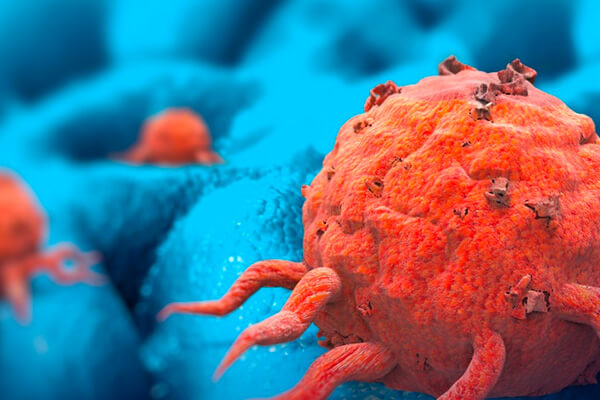
TP53
The TP53 gene encodes a tumor suppressor protein containing transcriptional activation, DNA binding, and oligomerization domains. Mutations in this gene are associated with a variety of human cancers, including hereditary cancers such as Li-Fraumeni syndrome.
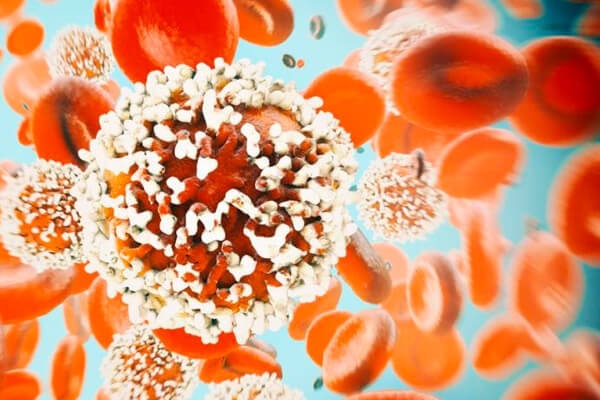
CDKN2A
The CDKN2A gene encodes two proteins, p16 and p14ARF, which act as tumor suppressors by regulating the cell cycle. Changes of CDKN2A have been described in a wide spectrum of cancer types.

APC
The APC gene provides instructions for making the APC protein, a tumor suppressor protein, which acts as an antagonist of the Wnt signaling pathway. Mutations in this gene cause loss of β-catenin regulation, altered cell migration and chromosome instability.

BRAF
The BRAF gene is a human gene that encodes B-Raf, a protein which is part of a signaling pathway known as the RAS/MAPK pathway, which affects cell division, differentiation, and secretion. When the BRAF gene mutated, oncogenes have the potential to cause normal cells to become cancerous.
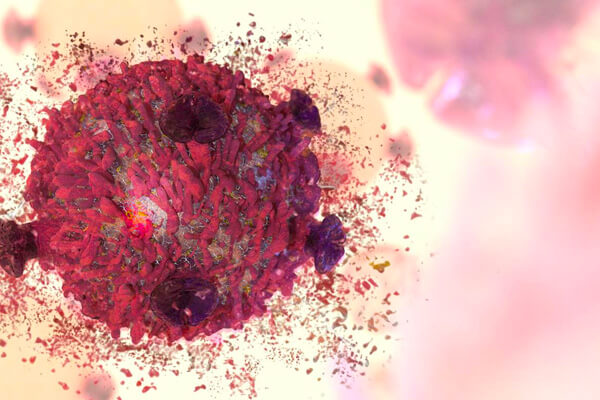
CTNNB1
The CTNNB1 gene encodes β-catenin, mutations and overexpression of which are associated with many cancers, including hepatocellular carcinoma, colorectal carcinoma, lung cancer, malignant breast tumors, ovarian and endometrial cancer.
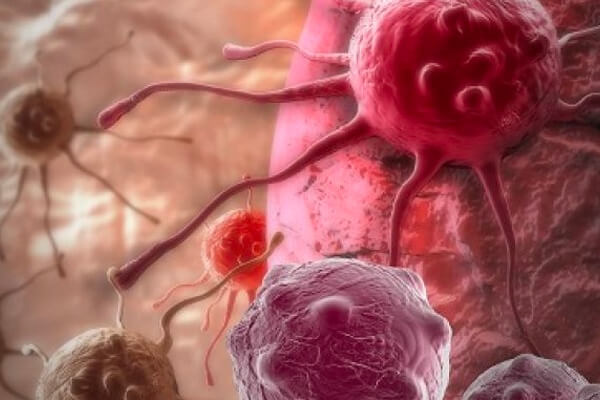
RAS
The RAS genes encode GTPases, which act as molecular switches in the cell, regulating signaling pathways and other interactions. Mutations of the RAS genes may be found in some types of cancer. These changes may cause cancer cells to grow and spread in the body. Members of the RAS gene family include KRAS, HRAS, and NRAS.
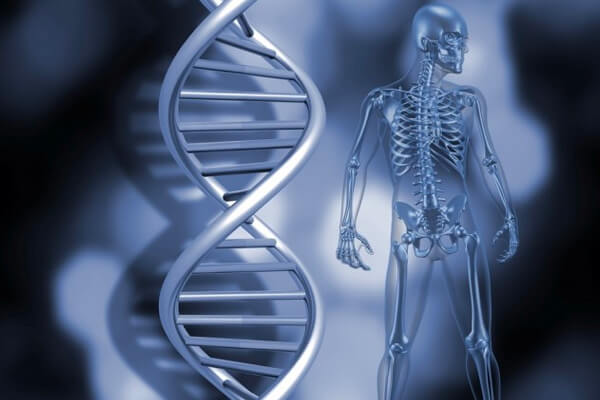
EGFR
The EGFR gene encodes epidermal growth factor receptor, a transmembrane protein that is a receptor for members of the epidermal growth factor family (EGF family) of extracellular protein ligands. Binding of the protein to a ligand induces receptor dimerization and tyrosine autophosphorylation and leads to cell proliferation. Mutations in this gene are associated with many cancer types.
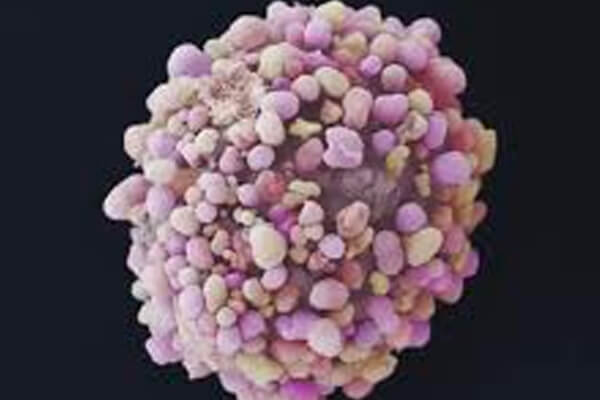
PIK3CA
The PIK3CA gene encodes p110α protein, which is a subunit of phosphatidylinositol 3-kinase (PI3K). Somatic mutations in many different human cancers were discovered in the gene encoding for the phosphatidylinositol 3-kinase (PI3K) catalytic subunit, PIK3CA.
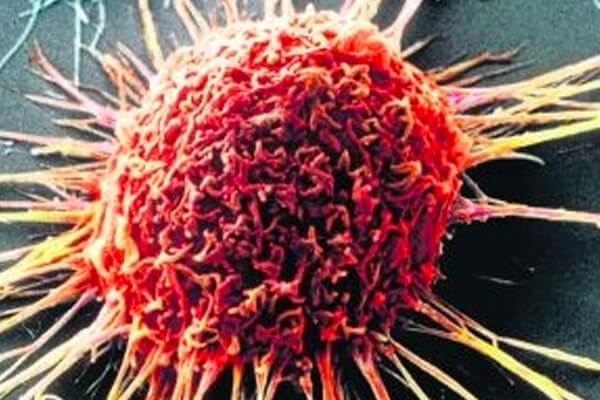
PIK3R1
The PIK3R1 gene encodes Phosphatidylinositol 3-kinase regulatory subunit alpha. Mutations in PIK3R1 are implicated in cases of colon, lung, ovarian and breast cancer.
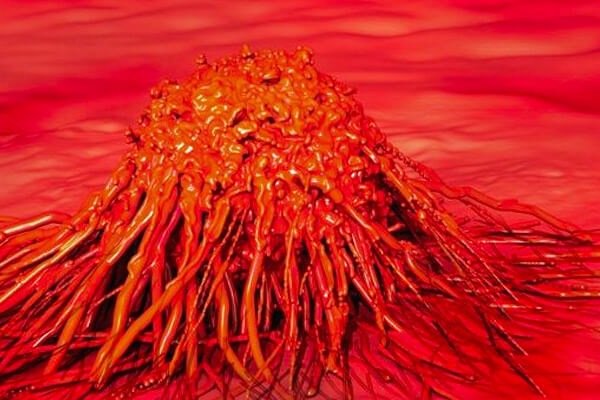
PTEN
The PTEN gene encodes Phosphatase and tensin homolog (PTEN), a protein acts as a tumor suppressor gene through the action of its phosphatase protein product. Mutations of this gene are a step in the development of many cancers.
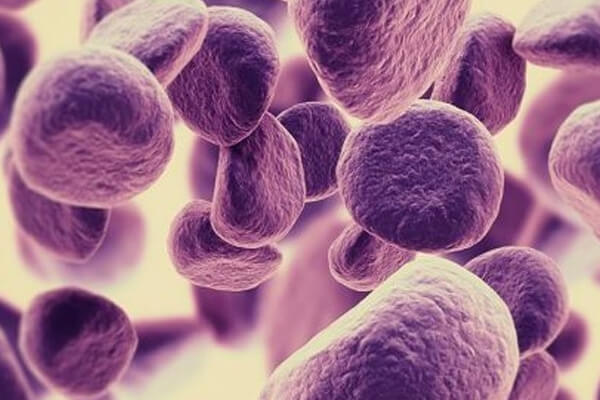
RB1
The RB1 gene encodes retinoblastoma protein which is a tumor suppressor protein that is dysfunctional in several major cancers. Defects in this gene are a cause of childhood cancer retinoblastoma (RB), bladder cancer, and osteogenic sarcoma.
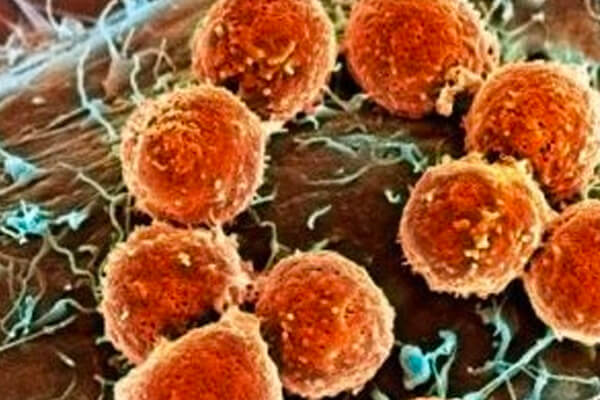
SMAD4
The SMAD4 gene encodes a protein involved in signal transduction of the transforming growth factor-beta superfamily and bone morphogenic proteins by mediating transcriptional activation of target genes. Mutations or deletions in this gene have been shown to result in pancreatic cancer, juvenile polyposis syndrome, and hereditary hemorrhagic telangiectasia syndrome.
For research use only. Not for any other purpose.

